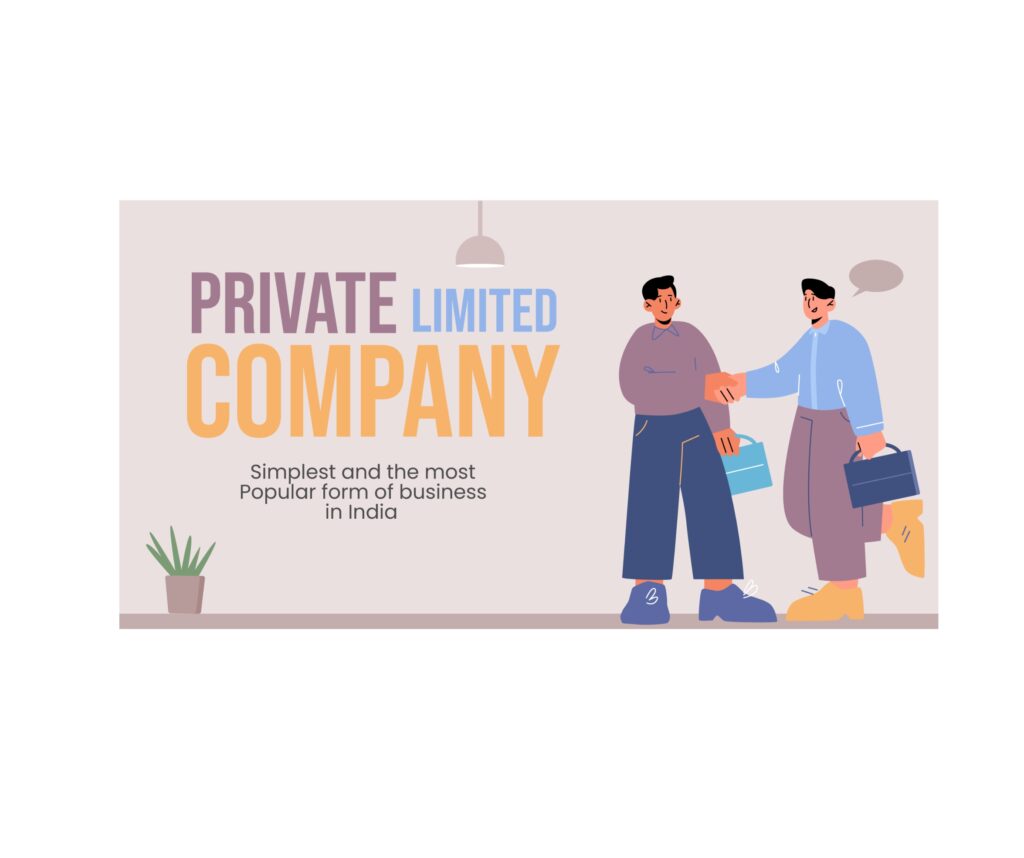What is a Proprietor
A Proprietor is an individual who owns and operates a business on their own. This term is most commonly associated with sole proprietorships, where a single person owns and runs the business, bearing full responsibility for its debts and liabilities. Sole proprietorships are the simplest form of business entity and do not involve complex legal structures or separate business entities.
What is a Private Limited Company?
A private limited company (Ltd) is a type of business entity where the ownership is divide among shareholders, and liability is limited to the amount invested in the company. Private limited companies are legal entities separate from their owners, which means they can own property, enter into contracts, and be held liable for debts independently of their shareholders. They offer limited liability protection and can be advantageous for raising capital and managing risks.
Can a Private Limited Company Be a Proprietor?
The straightforward answer is no, a private limited company cannot be a proprietor. Here’s why:
- Different Business Structures: A proprietor refers to an individual owner of a business, whereas a private limited company is a distinct legal entity with its own rights and obligations. They operate under different business structures and legal frameworks.
- Ownership and Liability: In a sole proprietorship, the proprietor is personally liable for all business debts and obligations. In contrast, a private limited company limits liability to the company itself, protecting its shareholders’ personal assets.
- Legal Status: A private limited company is a separate legal entity from its owners, meaning it cannot be an individual or act in the capacity of a sole proprietor. Instead, it operates as an organization with its own legal standing.
Interactions Between a Proprietor and a Private Limited Company
While a private limited company cannot be a proprietor, individuals and businesses can interact in the following ways:
- Sole Proprietor Owning Shares in a Private Limited Company: An individual sole proprietor can own shares in a private limited company. This person would be a shareholder, not a proprietor, of the company.
- Private Limited Company as a Business Partner: A private limited company can enter into agreements or partnerships with sole proprietors or other entities, but it cannot act as a proprietor itself.
- Conversion of Business Structure: A sole proprietorship can be converted into a private limited company if the owner wants to benefit from limited liability and other advantages of a corporate structure.
Advantages of Private Limited Companies Over Sole Proprietorships
- Limited Liability Protection: Shareholders in a private limited company have limited liability, meaning their personal assets are protected from business debts and legal actions.
- Business Continuity: Private limited companies continue to exist independently of changes in ownership or management, unlike sole proprietorships which cease to exist if the proprietor leaves or passes away.
- Access to Capital: Private limited companies may find it easier to raise capital through the sale of shares, while sole proprietorships often rely on personal funds or loans.
- Enhanced Credibility: Operating as a private limited company can enhance a business’s credibility and may make it easier to attract customers and investors.
To visit: https://www.mca.gov.in
FAQs
Related Topics
Do you have to register your business as a sole proprietor?
Sole proprietorship registration process
What is a sole proprietor business license?
For further details visit: https://vibrantfinserv.com/service-detail-3.php
Contact: 8130555124, 8130045124
Whatsapp: https://wa.me/918130555124
Mail ID: operations@vibrantfinserv.com
Web Link: https://vibrantfinserv.com
FB Link: https://fb.me/vibrantfinserv
Insta Link: https://www.instagram.com/vibrantfinserv2/
Twitter: https://twitter.com/VibrantFinserv
Linkedin: https://www.linkedin.com/in/vibrant-finserv-62566a259/

